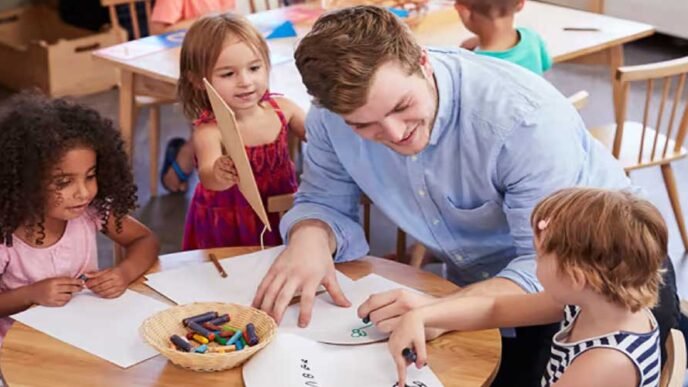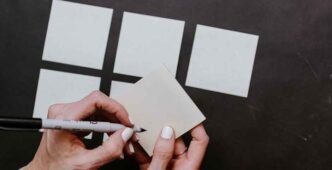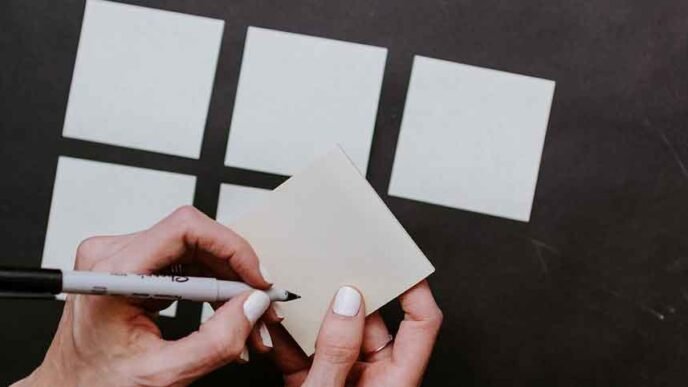As parents, we all want to give our children the best start in life. One important way to do this is by helping them build strong basic math skills from an early age. You can introduce math concepts in fun ways, like through play, structured learning, or everyday activities.
This early introduction can really help your child succeed in school. This friendly guide will share tips on early math skills. It will include fun activities and the best toys to support your child’s learning.
Why Basic Math Skills are Important
Learning math involves more than adding and subtracting. It’s vital for developing logical thinking, solving problems, and making decisions. Early exposure to math boosts confidence and fosters a love for learning.
Cognitive Development
Studying math boosts brain development by improving critical thinking and analysis. These skills are essential in math and everyday decisions.
Problem-Solving
Solving math problems boosts creative and strategic thinking. This significantly aids in addressing real-world issues. A problem-solving mindset is vital for overcoming life’s challenges.
Logical Reasoning
Understanding math boosts logical thinking. It helps people analyze situations and make decisions. This skill is crucial in fields like science and engineering, and in everyday problem-solving.
Confidence
Experiencing early success in mathematics can greatly enhance a child’s self-confidence and foster a genuine interest in academic pursuits. This foundational confidence can motivate them to take on more challenging subjects and embrace a lifelong love of learning.
Core Basic Math Skills Every Child Should Learn
Start with the fundamentals. Here are the primary math skills your child should master early on:
Counting and Number Recognition
The foundation of all math skills, counting, and number recognition involves understanding numbers and their order. Simple activities like counting objects, reading number books, and using number-based toys can help.
Basic Addition and Subtraction
Introduce your child to simple addition and subtraction problems using everyday items. For example, ask them how many apples are left if they had five and ate two.
Shapes and Patterns
Recognizing shapes and understanding patterns are crucial for developing spatial awareness. Engage your child with puzzles, shape sorters, and pattern recognition games.
Measurement and Comparison
Teach your child basic concepts of measurement and comparison. Use everyday objects to compare sizes, lengths, and weights. Cooking activities can also be a great way to explore measurement concepts.
Time and Money
Understanding time and money are essential life skills. Use clocks, calendars, and play money to teach your child about hours, minutes, and basic financial literacy.
Fun Math Learning Activities
Math learning doesn’t have to be boring. Incorporate these fun activities into your child’s daily routine to make learning enjoyable:
Math Games and Puzzles
Games and puzzles that involve numbers, shapes, and patterns can make learning math fun. Look for board games, card games, and digital apps that focus on math skills.
Storybooks with Math Themes
Many children’s books incorporate math themes in their stories. Reading these books can help your child understand math concepts in a relatable context.
Cooking Together
Cooking offers a practical way to teach measurement and fractions. Involve your child in measuring ingredients and following recipes to bring math concepts to life.
Outdoor Math Activities
Take math learning outside. Create a scavenger hunt where your child has to count objects, recognize shapes, or solve simple math problems to find the next clue.
Building and Construction Play
Using building blocks and construction toys can improve spatial awareness and problem-solving skills. Encourage your child to build structures and explain the shapes and designs they create.
The Best Toys for Developing Math Skills
Toys are an excellent way to introduce math concepts in a fun and engaging manner. Here are some of the best toys to help your child develop basic math skills:
Number and Counting Toys
Toys that feature numbers and counting activities, such as abacuses, numberblocks toys, and counting bears, can help your child understand numerical concepts.
Shape Sorters and Puzzles
Shape sorters and puzzles that require matching and recognizing shapes are great for developing spatial awareness and problem-solving skills.
Math Board Games
Board games like “Chutes and Ladders,” “Monopoly Junior,” and “Sum Swamp” incorporate math challenges that make learning fun and interactive.
Interactive Learning Apps
There are many educational apps available that focus on math skills for young learners. Look for apps that offer a range of activities, from counting and number recognition to basic arithmetic and pattern recognition.
Building Kits and Blocks
Building kits, such as LEGO sets and magnetic tiles, encourage creativity and spatial reasoning. These toys can also introduce concepts of geometry and symmetry.
How to Support Your Child’s Math Learning Journey
Supporting your child’s math learning involves more than just providing the right toys and activities. Here are some tips to ensure a successful math learning experience:
Create a Positive Learning Environment
Encourage a positive attitude towards math by celebrating successes and providing gentle support during challenges. Avoid expressing any negative feelings about math, as children can easily pick up on these attitudes.
Incorporate Math into Daily Activities
Look for opportunities to incorporate math into everyday activities. Whether it’s counting steps, measuring ingredients, or sorting laundry, real-world applications make math relevant and meaningful.
Be Patient and Encouraging
Every child learns at their own pace. Be patient and provide encouragement to help build confidence and a love for learning.
Communicate with Teachers
Stay in touch with your child’s teachers to understand their progress and any areas where they may need additional support. Teachers can provide valuable insights and resources to aid in your child’s math learning.
Use Resources and Tools
Take advantage of the many resources available for parents, including online tutorials, workbooks, and educational websites. These tools can provide structured guidance and additional practice for your child’s math skills.
Follow This Guide and Master Basic Math Skills Today
In conclusion, teaching basic math skills to your child is vital for their development. You can help them build a strong math foundation. Make it fun and engaging through games, activities, and everyday experiences.
Remember to be patient and encouraging as they learn. Use the right toys and resources to support their journey. With the right approach, your child will not only excel in math but also develop a lifelong love for learning. Every effort counts in this important area!
If you liked this article, check out our other posts. They cover many topics that may interest you.












